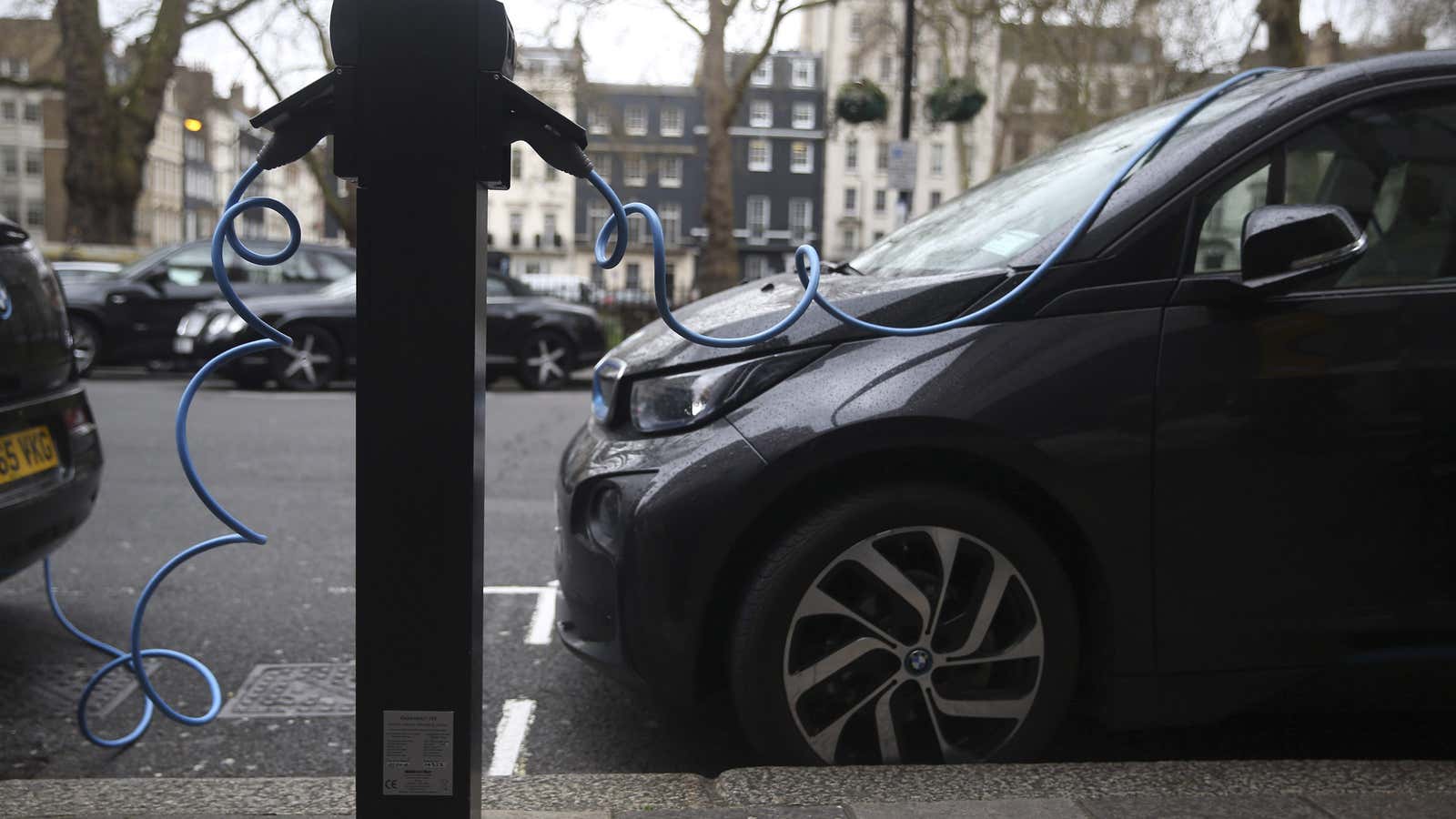Gasoline-powered cars may soon be a thing of the past. But the Netherlands wants to get there quicker.
The Dutch government is debating the possibility of banning new gas and diesel cars from 2025. The initial proposal, which was brought forward by the Labor Party, called for an outright ban of all petrol and diesel cars, but was eventually modified so the ban only affected the sale of new petrol and diesel cars. Traditional cars already in use will still run on the streets.
The proposal has since passed in the lower house of the Netherlands’ parliament. It now needs to pass through the Dutch senate.
Jan Vos, the main politician behind the bill, believes the ban will likely become law, according to Yale Climate Connections. Though he admits that the ban alone won’t be enough to phase out petrol and diesel cars. Electric cars to also be affordable to all customers if the government is to enforce the ban.
The Netherlands already has one of the lowest levels of CO2 emissions from new cars in the European Union. The country has seen a recent surge in electric car sales, which reached an all-time high last December.
The Netherlands isn’t the only country mulling over drastic measures to cut down air pollution. In June, Norway’s main political parties debated a similar plan to stop selling gasoline-powered cars by 2025. Unsurprisingly, Tesla founder Elon Musk was ecstatic about the proposed ban.
The ban may be somewhat easier to enforce in Norway, where one in three new cars is electric, thanks to a generous incentives for electric vehicle buyers. Norway was the first the first European country to get Tesla supercharging stations.
Car pollution—which in the US kills more Americans than car accidents—is a growing concern for major cities across the world. In June, Paris began enforcing a ban on all cars built before 1997.




